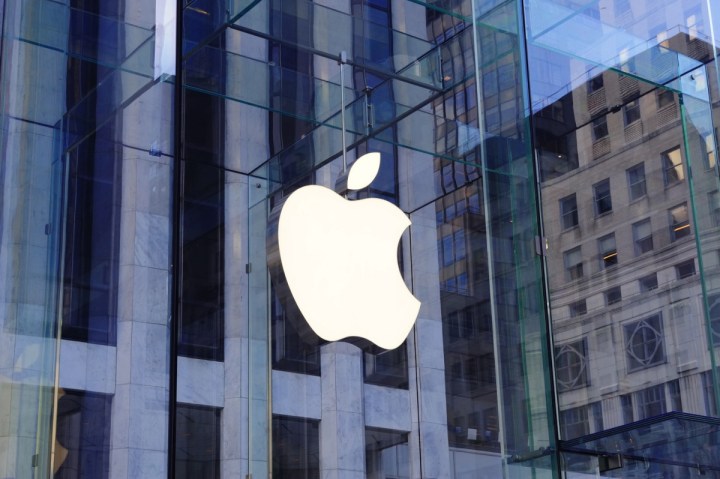
Now, however, it seems as though Cellebrite has been hacked — and that hacker has publicly released some of that data to try and send a warning to the FBI. The data includes some code that is reportedly related to the Universal Forensic Extraction Device that can crack iPhones like the iPhone 5c, as well as some Android phones.
In a Motherboard report, the hacker said the creation of such tools makes their public release inevitable, and that they can subsequently be used by anyone with a bit of technical knowledge — including those who might not have such good intentions.
Cellebrite itself refutes the claim that it was hacked, suggesting instead that the dumped code is not source code, and is instead code that can be obtained by customers of the Cellebrite app. A separate Motherboard report says Cellebrite was indeed hacked just a few weeks ago, and Cellebrite claimed at the time that only some customer contact information was stolen. Reports indicated, however, that the company could be lying.
Whether Cellebrite did help the FBI or not, and whether this hacker does have real Cellebrite code or not, the message from the hacker is clear: “@FBI Be careful in what you wish for.”
Editors' Recommendations
- This one Apple Fitness feature completely changed how I exercise
- An Apple insider just revealed how iOS 18’s AI features will work
- iPhone 16: news, rumored price, release date, and more
- iPhone SE 4: news, rumored price, release date, and more
- 3 reasons why I’ll actually use Anker’s new iPhone power bank


